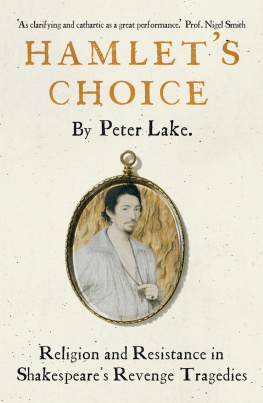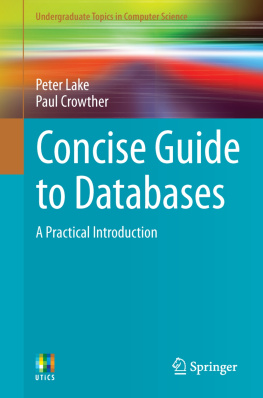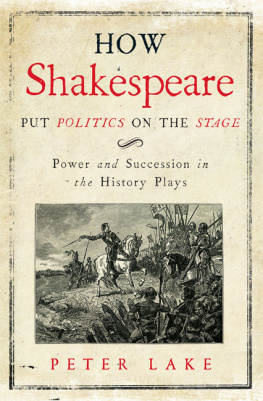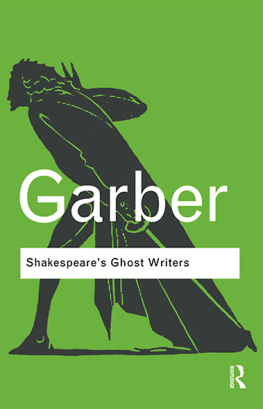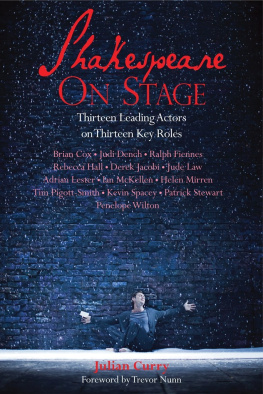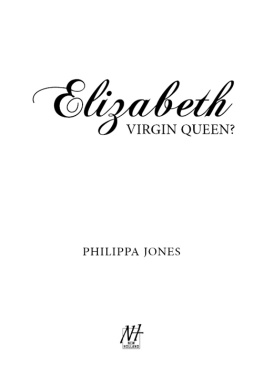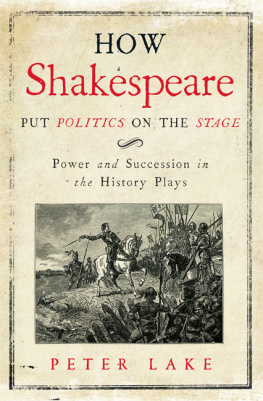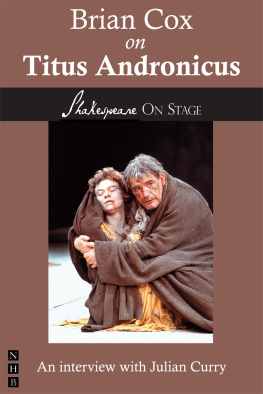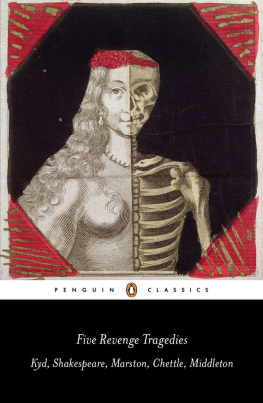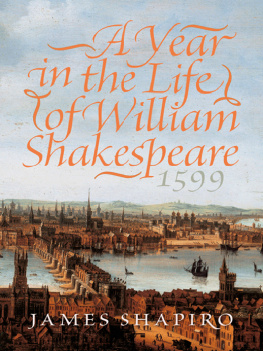HAMLETS CHOICE

Published with assistance from the foundation established in memory of Oliver Baty Cunningham of the Class of 1917, Yale College.
Copyright 2020 Peter Lake
All rights reserved. This book may not be reproduced in whole or in part, in any form (beyond that copying permitted by Sections 107 and 108 of the U.S. Copyright Law and except by reviewers for the public press) without written permission from the publishers.
For information about this and other Yale University Press publications, please contact:
U.S. Office:
Europe Office:
Set in Fournier MT by IDSUK (DataConnection) Ltd
Printed in Great Britain by Gomer Press Ltd, Llandysul, Ceredigion, Wales
Library of Congress Control Number: 2020935711
ISBN 978-0-300-24781-7
A catalogue record for this book is available from the British Library.
10 9 8 7 6 5 4 3 2 1
Contents
Plates
Acknowledgements
In many ways I have to thank the same cast of characters here as I did in How Shakespeare Put Politics on the Stage. I first wrote up the material that comprises this book in the early 2000s, thinking about this topic even while working on that other book. Over time, it became clear that what I was in fact producing was a comparative study of Shakespeares two revenge tragedies, organized around their relation to resistance and religion. In 200506, I remember giving the Hamlet material to Bill Bullman, Rupa Mishra and some other Princeton graduate students, when they still felt obliged to read things that I suggested to them (and also when they had much better things to be doing). I should also thank Nick Moskovachis, whom I first met shortly after we both arrived at Princeton he as a graduate student and I as a faculty member. Nick was always very clear that historians ought to read literary texts, and it was at his suggestion I might even say insistence that I first read Titus with real attention. I delivered a preliminary version of the Titus material at the early modern English history seminar at the Huntington Library, and then slightly later at Oxford. I also inflicted a paper on Hamlet on the Tudor and Stuart seminar at the Institute of Historical Research.
When you are working at the edge of your competence (as I was during the writing of much of this book), other peoples responses provide a very necessary reality check, and I should like to thank the participants in those seminars for their forbearance and their comments, all of which were extremely useful. In particular, I should like to thank Heather James and Rebecca Lemon of the University of Southern California, who were both very kind about this material during my period at the Huntington. They read stuff, and Heather commented in detail on my take on texts that she knew and knows infinitely better than I do. I should also thank Roy Ritchie and his wife Louise for making my time at the Huntington as enjoyable and fruitful as it was. This book is something like a final return on my time there.
Among historians, I should like to thank many of the usual suspects Ann Hughes, Richard Cust, Tom Cogswell, Ken Fincham, Alex Gajda, Paul Hammer all of whom have listened to me on this topic and made any number of sensible remarks, some of which I have even managed to act upon.
At Vanderbilt University, my colleagues and friends in history (particularly Joel Harrington, Helmut Smith and Jim Epstein) and in English (particularly Lynn Enterline, Bridget Orr and Jonathan Lamb) have all helped to make Vanderbilt a wonderful place to work and write. I should also thank Bill Jordan for doing the same at Princeton. Nick Zeppos, chancellor emeritus at Vanderbilt, helped to recruit me and has done a great deal to make my time there both productive and pleasurable. Michael Neill was a wonderfully tactful and patient editor. I found my piece for his Oxford Handbook of Shakespearean Tragedy really hard to write, and my procrastination and incompetence must at times have made me the contributor from hell. But, in fact, what seemed at the time to be a commitment I just should not have taken on, became the thing that finally gave what follows whatever claims to coherence and shape it currently possesses, and Michaels forbearance and advice had a great deal to do with that.
I also owe a particular debt to the two anonymous readers of this book in particular to reader 2 whose comments, late in the day, proved absolutely invaluable. Shakespeare world is a big place. It contains many mansions, the contents of which are constantly shifting. Look away and you have missed something important. Superficial tourism is not to be encouraged, and casual visitors are not always welcome. I have made a good-faith effort to familiarize myself with the contents of that world: an effort that I am keenly aware cannot but remain inadequate. This effort would have been even less successful than it was, had at least some of the denizens of that world not been prepared to offer me guidance as I tried to navigate my way around it. Such generosity cannot be taken for granted and I am very grateful.
At Yale, I owe a great debt to Robert Baldock, and latterly to Heather McCallum. My books for Yale have not been the most conventional pieces of academic writing, and I am intensely grateful that a major academic press has been prepared to commit the necessary time and resources to getting them into print. Roberts patience and advice have been crucial throughout.
Finally, I should like to thank my wife Sandy Solomon, who, despite the prose, always thought there was something here. Her encouragement and at times insistence has kept me going. If nothing else, she likes going to plays, which may be some compensation for having had to live so long both with me and with my obsessions.
Introduction
In How Shakespeare Put Politics on the Stage, I attempted to use the history play, and in particular Shakespeares history plays, to think about the politics and political culture, the ways in which the Elizabethans of the fin de sicle thought about politics. The governing idea there was that since we know that contemporaries used history to think about their current political circumstances, and sought continually to draw parallels between the politics of the past and the present in order to extract from the study of the past moral and prudential rules and apophthegms that could be applied to the interpretation of the present, the history play itself could be viewed as an attempt to do just that, for popular audiences in London and throughout the kingdom. The method was to read the plays against other polemical and historical texts of the day, as well as against each other and against the political and polemical moments in which the plays themselves were written and performed, and to which, I was arguing, they were in some sense addressed. The aim was historical and particularizing, not general and universalising. I was concerned with what attached the plays to their times, rather than with what, down the ages, has made them seem applicable to radically different times, places and concerns.
The contention of that book was not that this was the best still less the only way to analyse these plays. Indeed, I would be the first to admit that this was not even an adequate mode of analysis, if the plays abiding qualities were to be fully understood. My claim was that the plays lent themselves to this mode of analysis, and that such an approach was likely to yield insights into the politics and political culture of the late-Elizabethan period, and perhaps into aspects of the plays themselves. In the process, I constructed a notional narrative not only of Shakespeares dramatic, but also of his political development throughout the 1590s, as he continually returned to certain themes and concerns, examining them again and again from different angles and in different texts, in light of his own experience of the times, and indeed the work of other dramatists.
Next page
